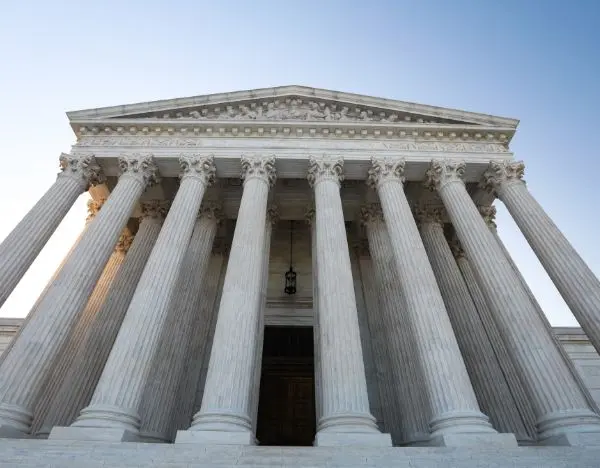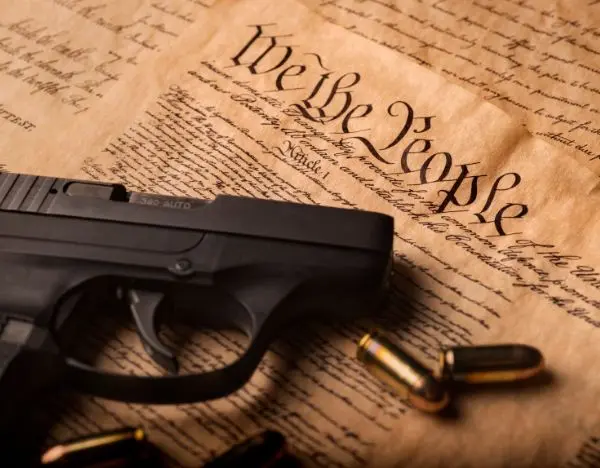
At Varghese & Associates, we find ourselves at the forefront of a critical constitutional debate. The U.S. v. Rahimi case challenges us to examine the delicate balance between public safety and the fundamental right to bear arms as enshrined in the Second Amendment.

This case has implications that reach far beyond itself. It brings to light crucial questions about the intersection of gun rights and civil restraining orders, potentially reshaping the legal landscape for years to come.
At its core, U.S. v. Rahimi asks: Can a civil restraining order justifiably strip away a constitutional right?
At Varghese & Associates, we're deeply concerned about a growing trend that threatens the bedrock principle of our justice system: the presumption of innocence. We've observed an alarming pattern where individuals are losing their constitutional rights due to civil restraining orders without ever being convicted of a crime.
Restraining orders, while important tools for protecting vulnerable individuals are being wielded in ways that circumvent the criminal justice system's safeguards. Consider these troubling aspects:
While restraining orders can affect various rights, the impact on Second Amendment rights is particularly severe and immediate. We're seeing cases where:
This system, intended to protect, can inadvertently create new victims:
It's crucial to understand that a restraining order is a civil matter, not a criminal conviction. Yet, the consequences can be as severe as losing one's Second Amendment rights. Consider these facts:
We believe these are the questions that need to be addressed:
The ruling in U.S. v. Rahimi could have far-reaching implications for how we interpret the Second Amendment in relation to civil protective orders. It may reshape the landscape of gun rights and domestic violence laws across the nation.
We firmly believe in protecting victims of domestic violence and other threats. However, we also believe this can be achieved without sacrificing due process and constitutional rights. The Rahimi case presents a crucial opportunity to reassess how we balance these competing interests.
These cases are crucial in defending the principle that one's rights should not be stripped away without due process and a presumption of innocence. The outcome of this case could redefine how restraining orders interact with constitutional rights, potentially restoring crucial protections for all Americans.
While restraining orders are important, their current application risks undermining fundamental legal principles. With the Rahimi case rulingin our pockets, we're committed to ensuring that the presumption of innocence remains a cornerstone of American justice, even in civil proceedings with criminal consequences.
Are you facing gun rights restrictions due to a restraining order? You're not alone. At Varghese & Associates, we're fighting on the front lines to protect Second Amendment rights for all Americans. The Rahimi case ruling equips us to handle even the most complex constitutional challenges. Don't wait for your rights to be infringed – contact us today for a confidential consultation. Together, we can defend your freedoms and potentially make legal history.
Attorney Advertising | Prior results do not guarantee a similar outcome. The information on this website is for general information purposes only. Nothing on this site should be taken as legal advice for any individual case or situation. This information is not intended to create, and receipt or viewing does not constitute, an attorney-client relationship. This site is protected by reCAPTCHA and the Google Privacy Policy and Terms of Service apply.